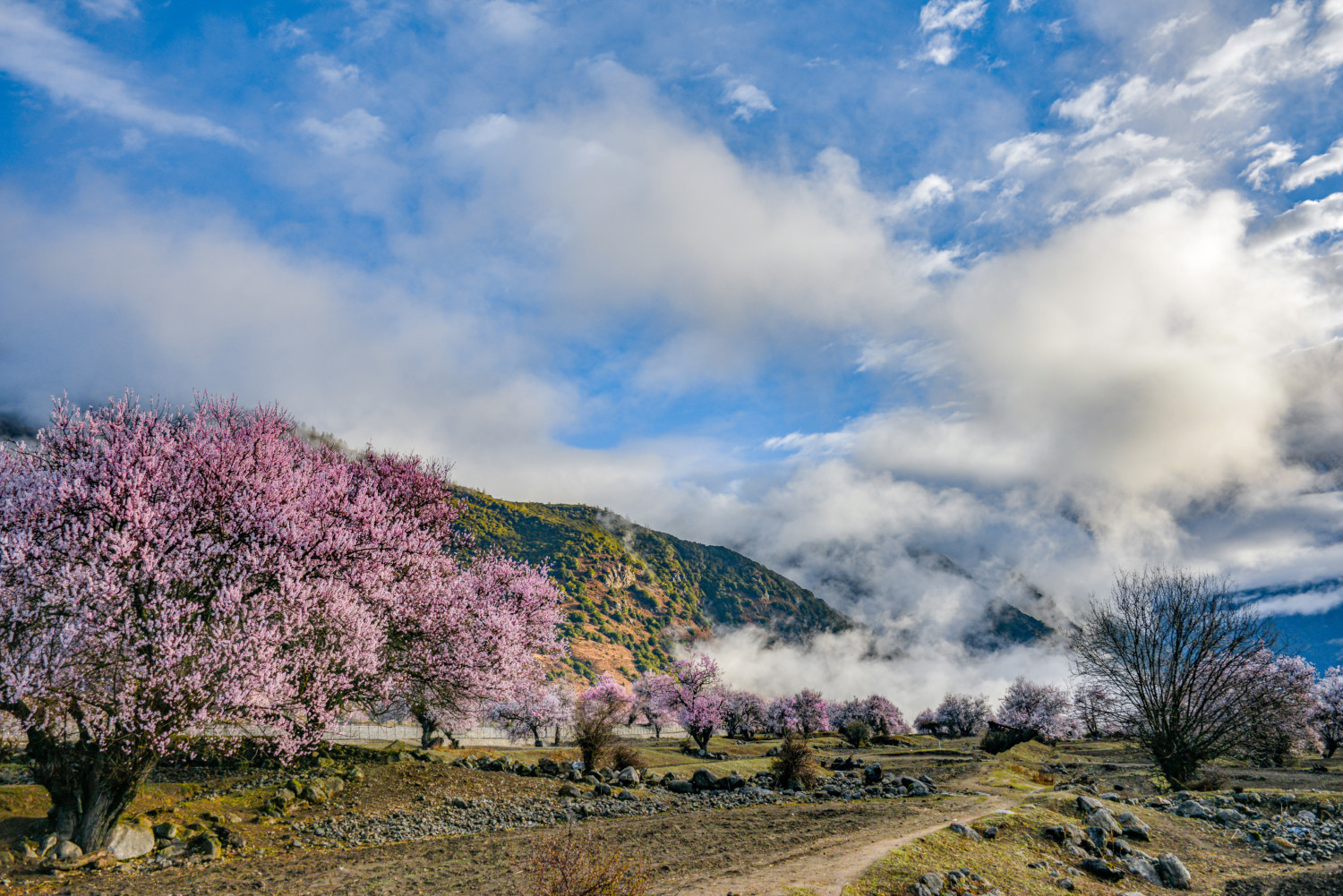If you have ever had a Black Diamond apple, you probably paid a pretty penny. But you can also consider yourself fortunate for being able to taste a food few people can access.
Black Diamond apples look like something the Evil Queen would’ve given to Snow White. However, this dark fruit is not poisonous — but it is exceedingly rare. That’s because it requires unique growing conditions that only exist in remote areas of the world.
You’ve likely enjoyed the Black Diamond apple’s cousin. Black Diamond apples are a rare variety of Huaniu apples, also known as Chinese Red Delicious.
Although they are called Black Diamond apples, the fruit is actually a deep purple, like a ripe plum. You can see this deep, dark coloring in these photos posted on Facebook by the Progressive Grower’s Association of India, a group of farmers that grows apples and other temperate fruits in the Himalayan ecosystem.
That Facebook post offers a hint as to why you might never see Black Diamond apples at your grocery store or farmers’ market, and if you do, why you can expect to spend upward of $7 apiece for them.
The apples are native to the small mountain city of Nyingchi, Tibet. Their dark purple hue is a result of the environment where they grow. During the day, they soak in abundant ultraviolet light, and at night, the temperature dramatically fluctuates.

Because they need a climate that scarcely sees temperatures above 80 degrees Fahrenheit but also seldom drops below 30, there are no established planting zones in the United States for this type of apple tree. Another reason they are rare is that Tibetan farmers are reluctant to plant them. Not only are they difficult to grow, but they require about eight years to reach maturity. They’re only available for two months out of the year and the market for them is unproven, making them a gamble for growers.
If you ever have the opportunity to go to Asia and purchase a Black Diamond apple, you might want to splurge on the expense. They reportedly have a higher glucose level than other apples, making them taste very sweet. If not, the Arkansas Black apple is an easier-to-find substitute, sold at farmers’ markets and by heirloom apple growers when the fruit is in season.
This story originally appeared on Simplemost. Checkout Simplemost for additional stories.


